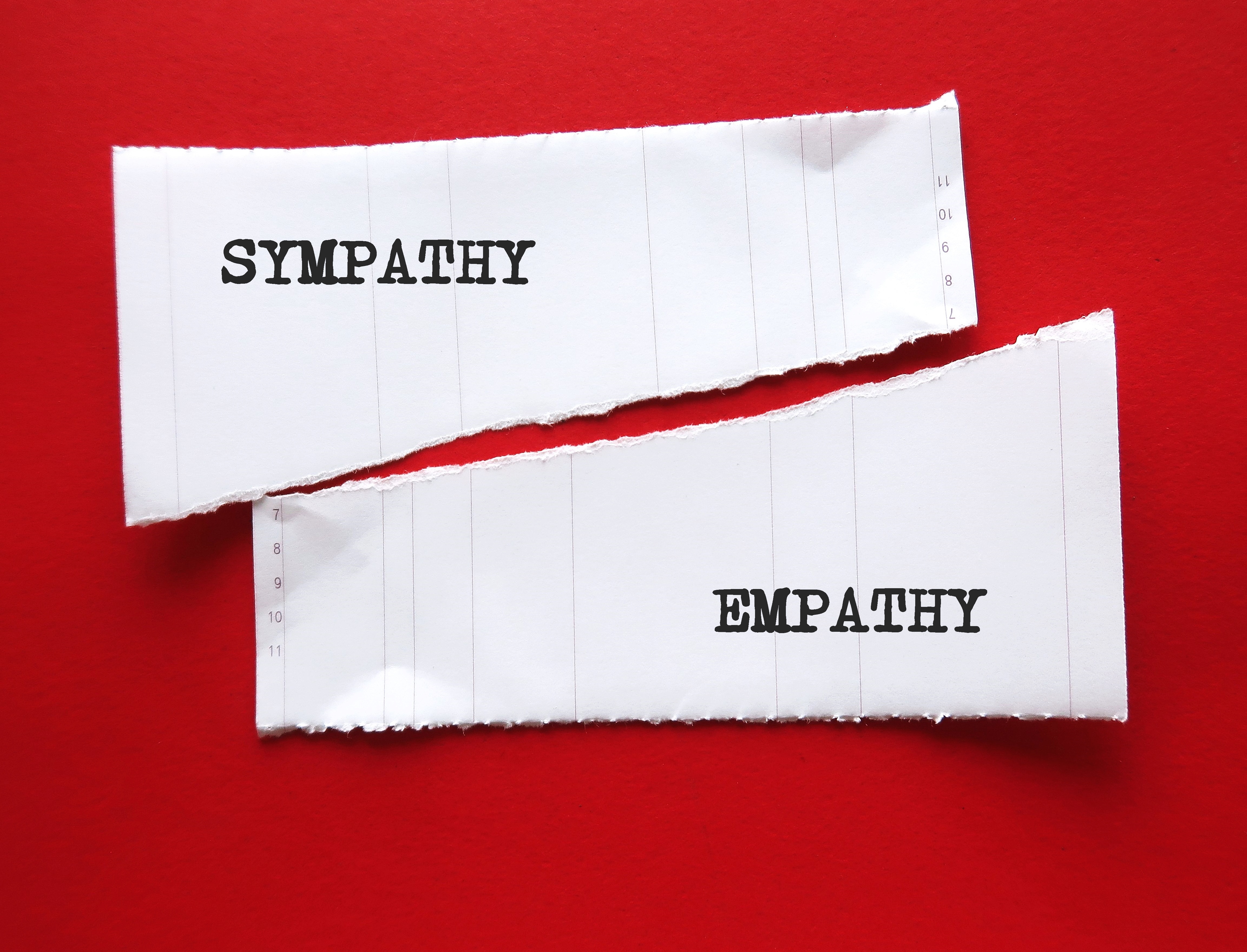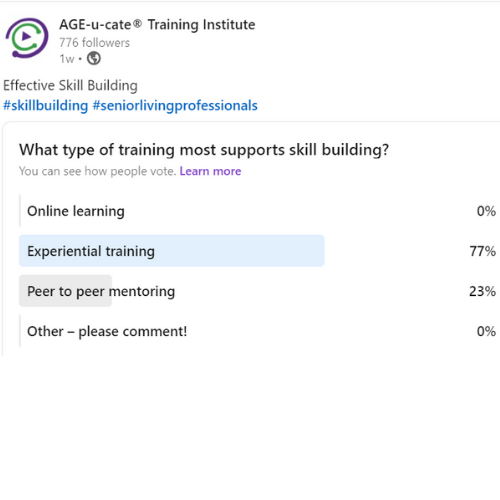How Dementia-Friendly Communities Are Shaping a More Inclusive Future
At AGE-u-cate Training Institute, we believe dementia care extends far beyond healthcare facilities and into the heart of our neighborhoods. While dementia is often perceived as a personal or familial challenge, the reality is that it touches every layer of our society. Creating dementia-friendly communities is not simply a noble ideal — it’s a growing necessity that directly impacts the quality of life for millions.







